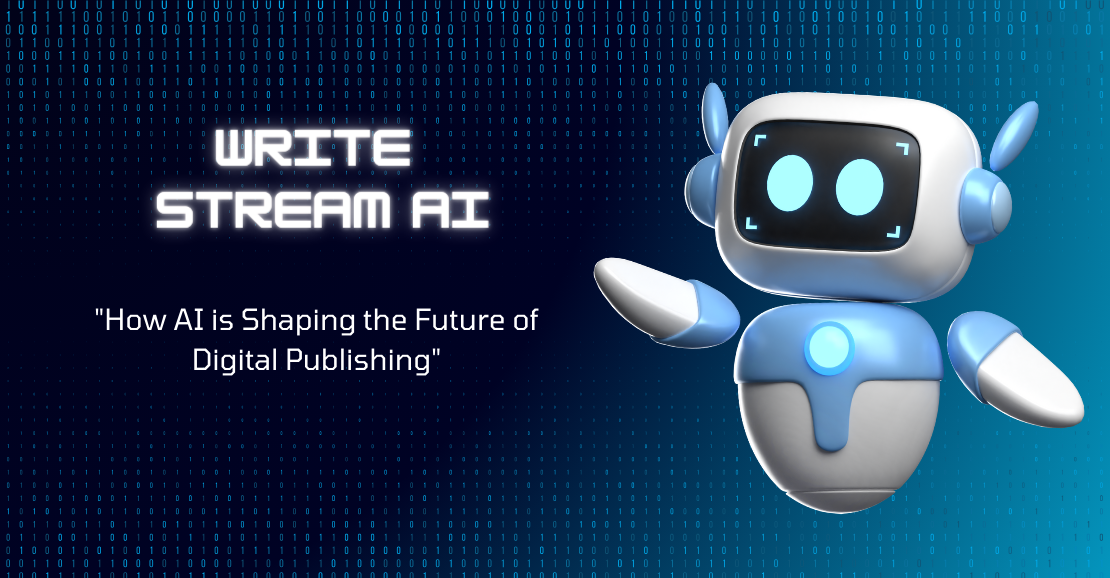Digital publishing has revolutionized the way we consume and share information. With the advent of technology, traditional publishing methods have transformed into a digital landscape, making it easier for authors, publishers, and readers to connect and engage with content. But as technology continues to evolve, a new player has emerged in the digital publishing world – Artificial Intelligence (AI).
AI, also known as machine intelligence, is the ability of a computer system to perform tasks that usually require human intelligence. In recent years, AI has made its way into the world of digital publishing, and it is shaping the future of this industry in ways we never thought possible.
One of the most significant challenges in digital publishing is the overwhelming amount of content available online. With thousands of articles, blogs, and e-books being published every day, it can be challenging for readers to find the content they are looking for. This is where AI comes in – with its ability to analyze data, it can help publishers better understand their audience and provide personalized content recommendations. By tracking the reader's search history, AI can suggest articles and books based on their interests and preferences, making the reading experience more tailored and engaging.
Moreover, AI is also transforming the way content is created. With its natural language processing (NLP) abilities, AI can generate written content that is grammatically correct and coherent, saving time and effort for authors and editors. This is particularly useful for generating news articles and reports that require a significant amount of research and data analysis. While AI-generated content may not have the same emotional impact as that of human writing, it is a valuable tool for those looking to produce large amounts of content quickly.
In addition to content creation, AI is also being used to improve content distribution. With AI-powered algorithms, publishers can optimize their content for different platforms, ensuring it reaches the right audience. This not only increases the chances of engagement but also improves the overall user experience. AI can also help publishers identify trends and topics that are popular among their target audience, allowing them to create more relevant and timely content.
Another aspect of digital publishing that AI is transforming is the design and layout of content. With its image recognition capabilities, AI can analyze images and suggest relevant visuals for articles and e-books. This not only makes the content visually appealing but also improves accessibility for visually impaired readers. AI can also assist in designing digital covers for e-books, making it easier for authors to self-publish their work.
Aside from content creation and distribution, AI is also helping publishers with audience engagement. Chatbots, powered by AI, are now being used to interact with readers and provide them with relevant information and assistance. They can answer frequently asked questions, provide recommendations, and even assist with purchases. This not only saves time and resources for publishers but also improves the overall customer experience.
However, as with any technology, there are concerns about the impact of AI on the future of digital publishing. One of the main concerns is the potential job loss for editors and writers. While AI can assist with content creation, it cannot replace the human touch and creativity that goes into writing and editing. Instead, it can be seen as a tool to help professionals produce more high-quality content in less time, allowing them to focus on more critical tasks.
In conclusion, AI is undoubtedly shaping the future of digital publishing in various ways. From content creation and distribution to audience engagement and design, AI is revolutionizing the industry and making it more efficient and personalized. As technology continues to advance, we can expect to see even more innovations and developments in the field of AI, and it will be exciting to see how it continues to transform the world of digital publishing.























Write your comment
Cancel Reply